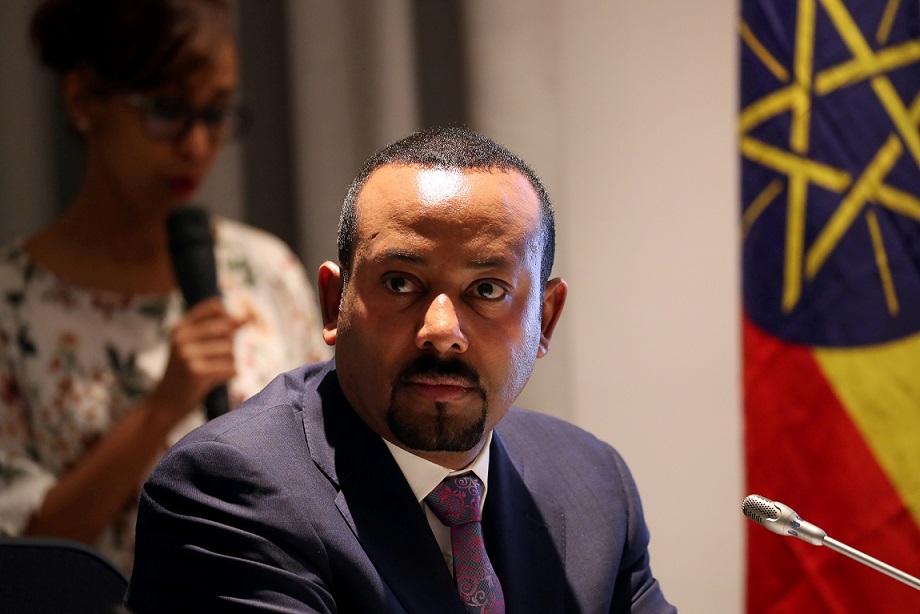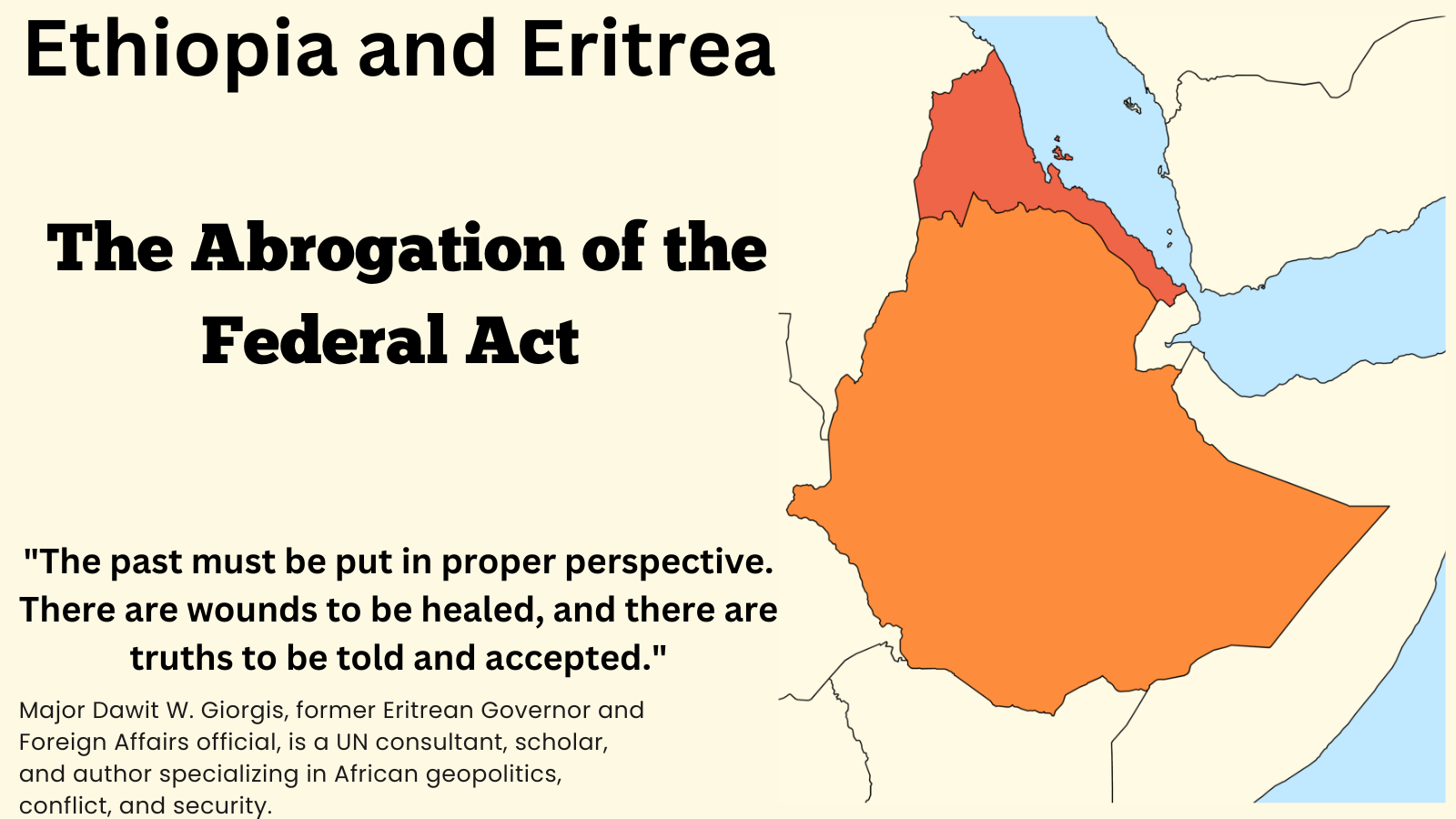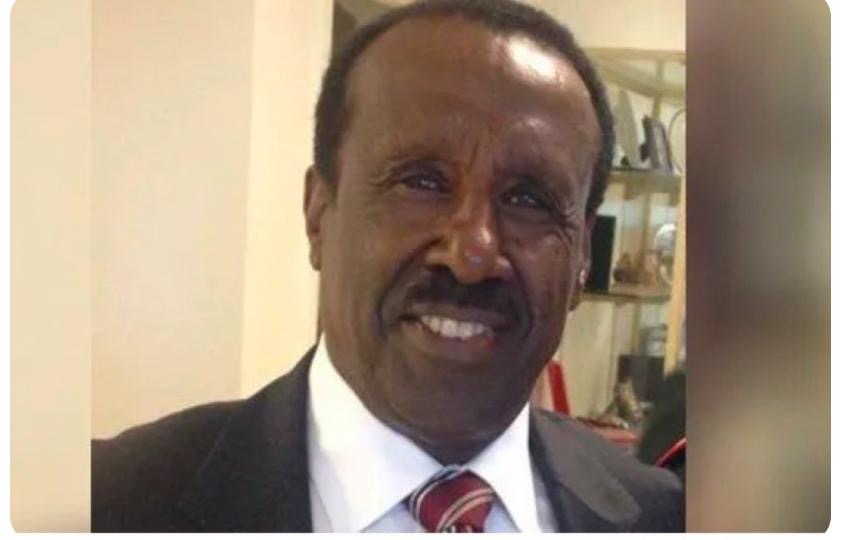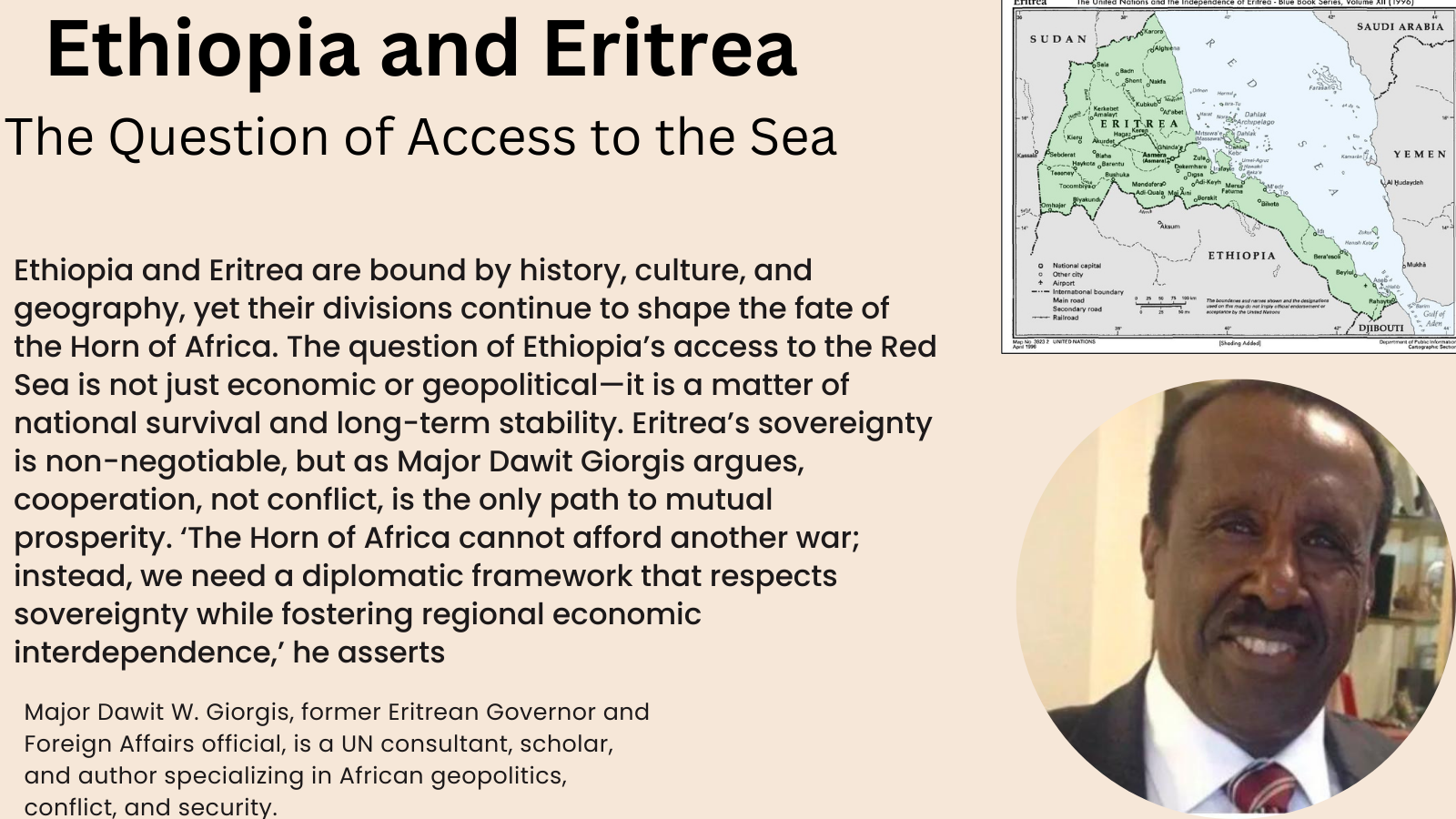
The Ethiopian National Dialogue Commission (ENDC), established under Prime Minister Abiy Ahmed‘s leadership in 2021, was conceived as a pivotal platform to foster national cohesion and harmony amid Ethiopia’s deeply entrenched societal divides. Intended to engage in thorough research and facilitate open public discussions, the ENDC sought to address the multifaceted challenges facing the nation. However, its inception has been met with substantial controversy and critique.
Prominent political factions, alongside civil society entities and major religious institutions, have raised significant concerns and rejections regarding the ENDC’s purported lack of autonomy, alleging its alignment with the ruling Prosperity Party and its failure to authentically represent the diverse spectrum of Ethiopian society. Critics contend that the composition of the commission, including individuals with perceived ties to the ruling elite, undermines its credibility and independence, fostering skepticism about its ability to navigate Ethiopia’s complex political landscape impartially.
Moreover, detractors assert that the ENDC‘s focus on procedural intricacies has sidestepped the core issues fueling Ethiopia’s political unrest. Instead of actively engaging with major opposition groups and addressing the underlying grievances driving societal discord, the commission has been accused of serving as a veneer to obscure allegations of human rights violations and atrocities committed during various conflicts across ethnic lines.
Against the backdrop of Ethiopia’s dire humanitarian crisis, characterized by widespread conflict and environmental challenges, doubts regarding the ENDC’s efficacy loom large. With millions in need of urgent assistance and significant regions embroiled in violence, there is a palpable sense of urgency for substantive dialogue and meaningful action to address the root causes of instability.
The plight of the Amhara region epitomizes the urgency of the situation, as reports of ongoing war on Amhara and ethnic cleansing by state and non-state actors continue to emerge. The absence of representation from Amhara community within the ENDC further exacerbates tensions and undermines trust in the commission’s ability to foster genuine reconciliation and inclusivity.
Criticism of the ENDC extends beyond its composition to its exclusionary practices, which have alienated key stakeholders, including conflict parties and diaspora groups. The government’s heavy-handed approach to dissent, characterized by arrests and propaganda, has further eroded public confidence in the dialogue process, perpetuating a climate of fear and suspicion.
To fulfill its mandate and realize its objectives, the ENDC must undergo substantial reforms to ensure genuine inclusivity, transparency, and accountability. By prioritizing meaningful engagement with diverse voices and fostering a climate of trust, the commission can begin to lay the groundwork for sustainable peace and reconciliation in Ethiopia. However, achieving such ambitious goals requires a concerted effort to confront the past, reconcile conflicting narratives, and uphold democratic principles as the cornerstone of Ethiopia’s political future.




